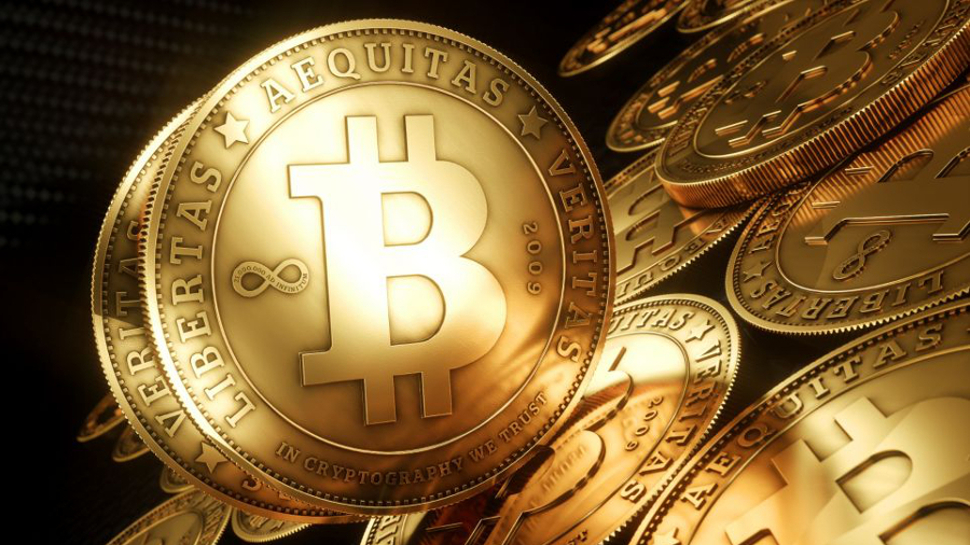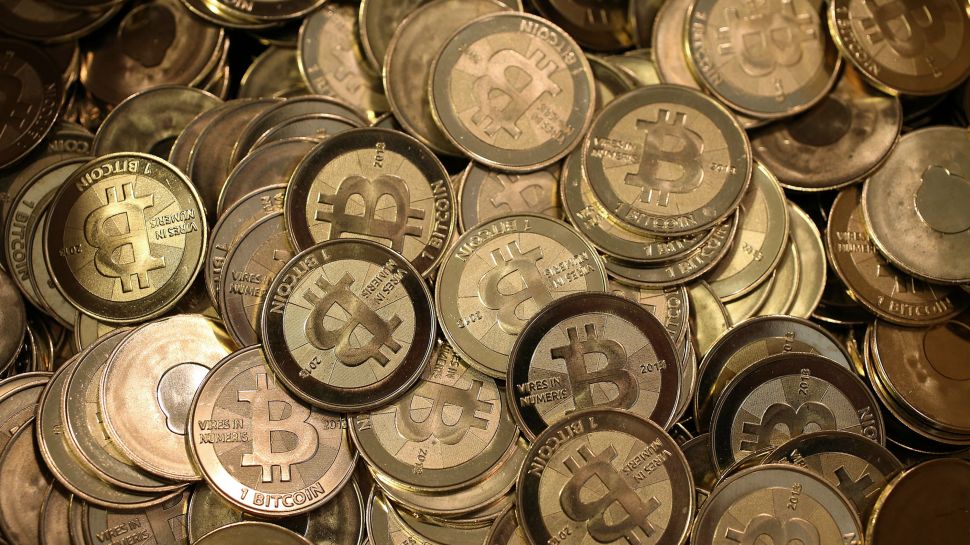What is blockchain?
Like much of the technology world, cryptocurrencies such as Bitcoin still rely on some form of database that are able to track large volumes of transactions and keep them secure. The solution used by many of the world’s largest digital currencies is the blockchain.
First implemented in 2009, the technology consists of 'blocks' that hold batches of timestamped transactions, with each block linked to the previous one through cryptography, thus forming a chain.
As the world becomes ever more smarter and inter-connected, cryptocurrencies have become an increasingly attractive proposition for growing markets that may not have traditional banking infrastructure. Several developing third-world nations have implemented blockchain-based national currencies, and the technology is also used by several major charity projects to help those without bank accounts.
However blockchain also offers the possibility of creating a fraud-proof system for transacting exchanges. This therefore gives it huge potential for use outside of the digital currency sphere, helping attract interest not just among traditional financial institutions, but in areas as diverse as manufacturing, food production and many more.


Blockchain - the latest news
08/05 - Report urges caution on the benefits of blockchain - Vast majority of companies reportedly still have no strategy when it comes to blockchain...
15/03 - Blockchain can 'speed up' payment settlement between telcos - Colt and PCCW hold trial of Blockchain for wholesale voice call payments...
06/02 - The best Bitcoin exchange of 2018 - It’s all about reputation, currency support and transaction fees...
27/01 - Here are 5 markets that blockchain will transform beyond recognition - From credit cards to loyalty schemes...
18/01 - 7 ways blockchain will change the legal industry forever - From smart contracts to the chain of custody...
17/01 - 6 things that prevent Blockchain from ruling the world - From energy wastage issues to worries about bulkiness...
16/01 - Here are the 10 sectors that blockchain will disrupt forever - From the obvious like banking, to the not-so-obvious…
26/08/2017 - Microsoft is making a blockchain that’s fit for business - Coco Framework aims to remove persistent stumbling blocks...

How does Blockchain work?
A blockchain system consists of two types of record, transactions and blocks. Transactions are simply the actions carried out in a particular period, these are stored together in a block.
What makes blockchain more unique is that each block contains the cryptographic hash of the previous one, thus forming a chain. What a cryptographic hash does is take the data from the previous block and transform it into a compact string. Since these strings are impossible to predict it means that any tampering with the chain is easily detected.
This method means that blocks don’t need to have serial numbers, the hash allows them to be uniquely identified as well as verifying their integrity. Each block confirms the validity of the previous one right back to the so called ‘genesis block’ at the start of the chain.
The linking of blocks isn’t the only thing that keeps the chain secure, however. It’s also decentralised, each computer with the software installed has a copy of the blockchain which is constantly updated with new blocks. There is no centralised server holding the transactions and because each new block must meet the requirements of the chain nobody is able to overwrite previous transactions.
Other transaction requirements can be added to define what constitutes a valid entry. In Bitcoin for example a valid transaction has to be digitally signed, it has to spend one or more unspent outputs of previous transactions, and the sum of transaction outputs cannot exceed the sum of input.
What are some of the biggest blockchain databases?
Blockchain has exploded in popularity over the last few years, gaining backers throughout the technology and financial sectors.
Away from Bitcoin, which remains the most well-known and arguably most widely-used network, this has led to a number of alternative blockchains coming to the fore in recent times.
This includes R3, which is developing blockchain-esque technology that can be used by major banking institutions, and in May 2017 raised $107 million in funding from backers such as Intel, HSBC and Bank of America.
Another major player is Hyperledger, an open-source cross-industry collaboration created by the Linux Foundation in order to popularise blockchain-based ledgers, with the first generation of its technology released in July 2017.
All the so-called ‘big four’ accounting firms have also said they are testing blockchain technologies, although so far only Ernst and Young have gone public with their technology, making a digital wallet available to all its Swiss employees.
IBM announced in March 2017 that it will be building its own ‘blockchain as a service’ offering based on Hyperledger, which will allow customers to build secure blockchain networks.
Earlier this year, the London Stock Exchange also revealed it was is set to start using blockchain to improve transparency for shareholding information among unlisted businesses, showing the impact the technology has had.
How secure is blockchain?
Due to its advanced cryptographic protection systems, in theory, blockchain offers a far more secure experience than traditional banking.
The fact that the technology is decentralised, and cannot be retroactively altered or edited makes it ideal for financial transactions and the storing of important information.
Blockchain also benefits from being able to preserve the privacy of the user - however this has unfortunately made it increasingly popular as the payment method of choice for cyber criminals, as a Bitcoin network node doesn’t have to reveal the identity of the person making or receiving payments.
from TechRadar - Internet news https://ift.tt/2Jwy5mt
via IFTTT


0 comments:
Post a Comment